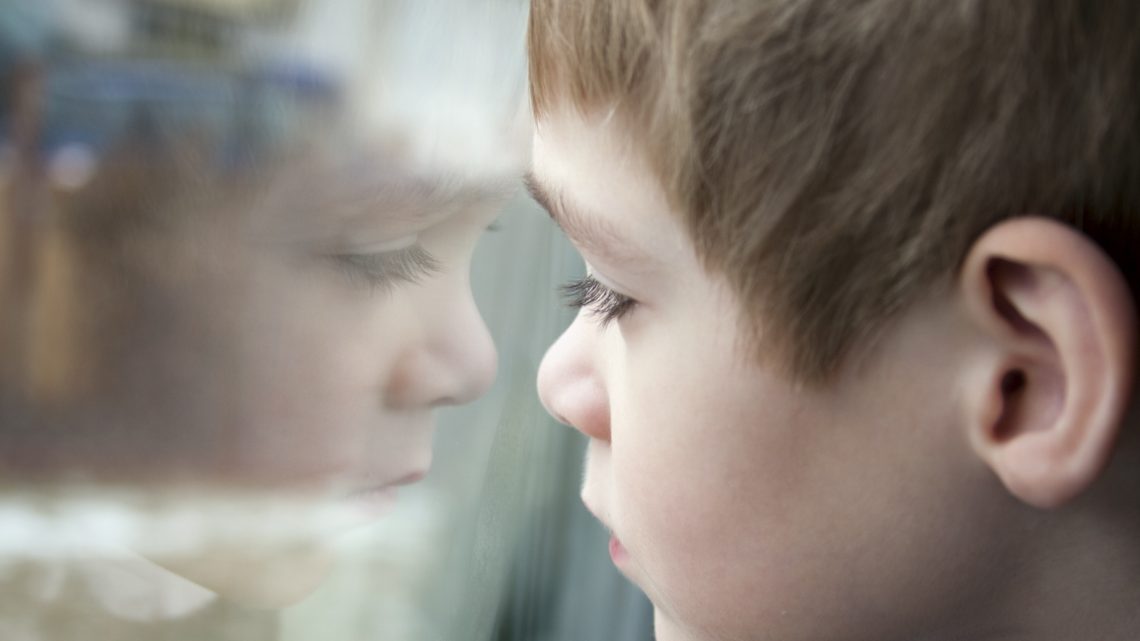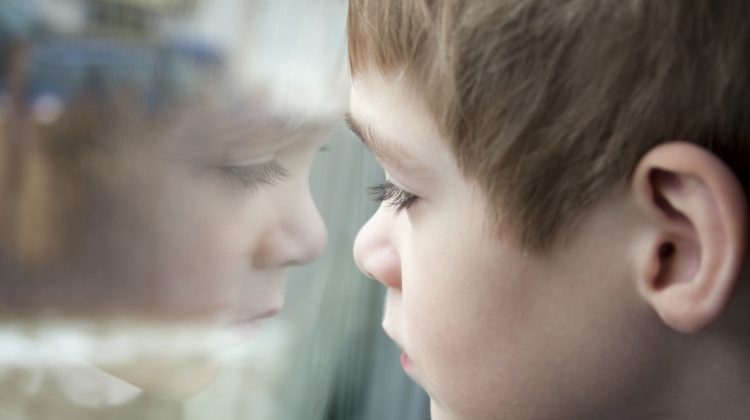Domestic violence, which includes physical, emotional, and psychological abuse within a domestic relationship, destroys the safety and security a home is supposed to provide. Children who witness or experience this violence are particularly at risk, facing long-term emotional, behavioral, and physical challenges.
The prevalence of domestic violence is alarming. According to the National Coalition Against Domestic Violence (NCADV), nearly 6 million children in the United States live in homes where partner violence occurs. These children either witness the violence directly or live with the constant fear and tension it creates. Unlike adults, children do not have the emotional maturity or resources to cope with such trauma, making them especially vulnerable to its harmful effects.
Emotional and Behavioral Effects
The emotional and behavioral impact of domestic violence on children is profound. Common responses include fear, anxiety, and depression. Children often struggle to concentrate in school, leading to learning difficulties and academic setbacks. Their self-esteem can plummet, resulting in social withdrawal or trouble forming healthy friendships. Some children internalize their pain, becoming withdrawn, while others may act out aggressively or defiantly.
The effects of domestic violence extend beyond emotional turmoil and can significantly impact a child’s physical health. Sleep disturbances, headaches, and bedwetting are frequent issues. The chronic stress of living in a violent environment can weaken their immune system, making them more prone to illness. These physical problems can worsen emotional difficulties, creating a vicious cycle.
The long-term consequences of domestic violence on children are deeply troubling. Children who witness violence are more likely to become victims of abuse themselves, whether in future romantic relationships or through continuing cycles of intergenerational violence. They often struggle to form trusting and healthy relationships in adulthood. Additionally, they face a higher risk of mental health issues such as depression, post-traumatic stress disorder (PTSD), and substance abuse.
When a family escapes an abusive situation, the journey toward healing and reintegration begins, but significant challenges remain. Children who have experienced domestic violence often need specialized support to address the emotional and mental health issues resulting from their trauma. Individual and group therapy can be crucial in helping them process their experiences, develop healthy coping mechanisms, and manage fear and anxiety. Ensuring a safe and supportive environment, free from threats and violence, is essential for their well-being and recovery.
The Challenges for Reintegration
Social and educational challenges also need to be addressed. Rebuilding trust in adults and authority figures, which can be shattered by experiences of domestic violence, is a vital step. Children who have witnessed or experienced abuse may distrust teachers and counselors, making it difficult for them to thrive in school environments. Academic difficulties stemming from emotional distress might require individualized educational plans and support services to help them get back on track. Encouraging healthy social interactions through after-school programs or peer support groups can help children rebuild a sense of belonging and develop positive social skills.
Strategies to Help
Support Systems
For successful reintegration, access to comprehensive support systems is crucial. Child therapists, counselors, and support groups specifically designed for children exposed to domestic violence can provide essential tools for healing. Educational resources and advocacy for victims and their children can further empower affected families, helping them navigate the challenges and move toward a healthier, more stable future.
Building a Safe and Stable Home
Creating a safe and stable home environment is another crucial aspect of successful reintegration. This involves ensuring access to secure housing and financial assistance to meet basic needs, alleviating stress and insecurity that can worsen trauma. Legal protection orders can be essential in preventing further abuse and fostering a sense of security. Empowering the non-abusive parent through legal support and resources enables them to provide a nurturing and stable environment for their children.
Community Support
In addition to immediate family support, building a strong community network is essential. Schools, after-school programs, and mentors can offer children a safe space to express themselves and form healthy relationships. Religious institutions, community centers, and support groups can provide a sense of belonging and connection. Encouraging participation in extracurricular activities or fostering hobbies can boost self-confidence and promote a sense of normalcy amidst adversity.
In conclusion, domestic violence has profound and enduring effects on children, impacting their emotional well-being, academic achievement, and future relationships. However, with comprehensive support systems, a secure and nurturing home environment, and a robust community network, children can heal and flourish. Raising awareness about domestic violence and advocating for resources and programs to assist children who have witnessed or experienced abuse is essential in breaking the cycle of violence and creating a future where all children can feel safe, loved, and empowered.





No Comment